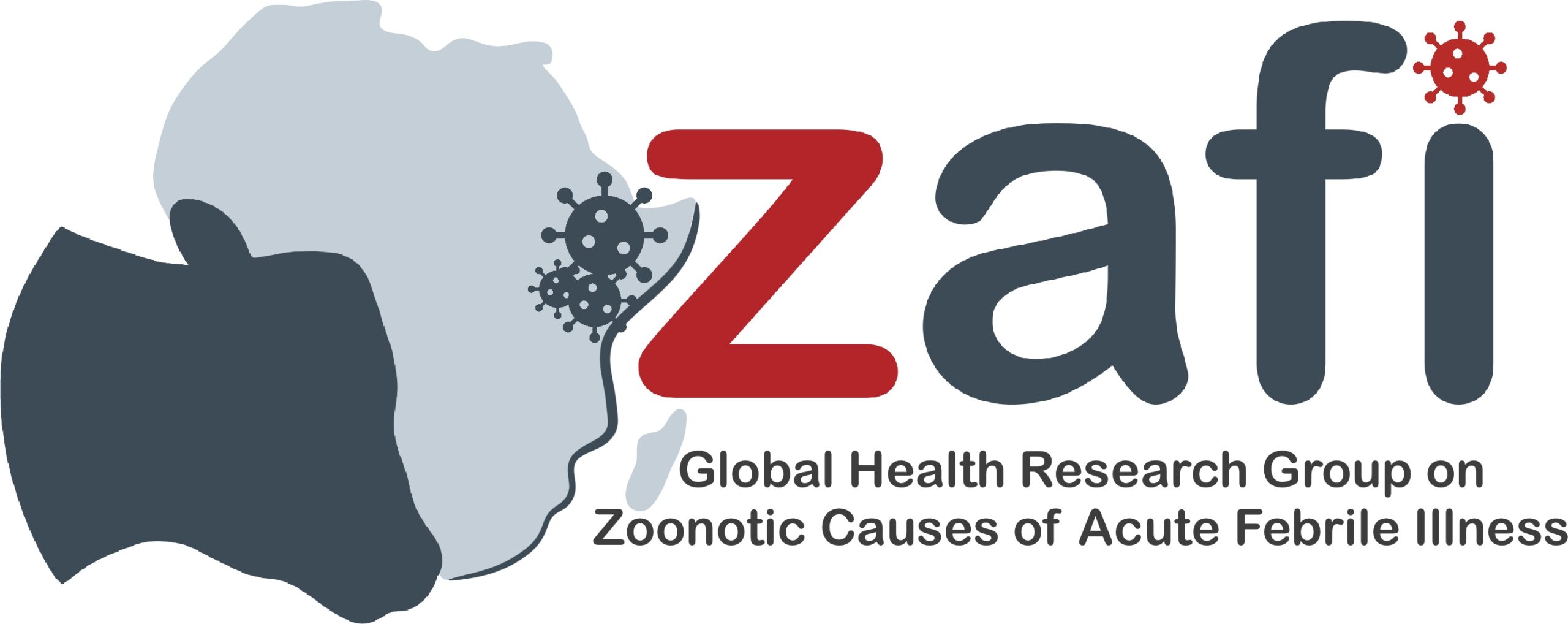Blog
Why Acute Febrile Illness?
A CRITICAL GLOBAL HEALTH CHALLENGE
Acute febrile illnesses (AFI) account for 40% of child deaths in sub-Saharan Africa, and an unknown level of morbidity and mortality in adults.
Growing awareness of the animal origins of many human diseases (zoonoses) has highlighted their importance as causes of AFI. However, diagnosis of zoonoses is not widely pursued in low resource settings. This contributes to low awareness of zoonoses which hinders early detection and effective clinical management of AFI.
The lack of accurate diagnostic tools and the tendency to misdiagnose these illnesses as malaria contributes to inadequate treatment and management of zoonoses. There is an urgent need for improved diagnostic approaches to reduce child mortality and enhance health outcomes in these vulnerable populations.

Efforts to combat AFI in sub-Saharan Africa must focus on improving diagnostic capabilities and healthcare delivery. By understanding the epidemiology of AFI and developing effective diagnostic tools, healthcare providers can better manage these illnesses and reduce their impact on child mortality. Collaborative efforts involving local communities and health sectors are essential to achieving sustainable improvements in AFI management.
ZOONOSES: A HIDDEN THREAT
Challenges in Diagnosing Zoonotic Causes of AFI in Low-Resource Settings
Zoonoses, diseases that are transmitted from animals to humans, play a significant role in the prevalence of acute febrile illnesses. Despite their impact, the diagnosis of zoonotic AFI remains underexplored in low-resource settings. This is due to a combination of factors, including limited access to diagnostic tools, lack of awareness among healthcare providers, and the complexity of these diseases. Addressing these challenges requires a multifaceted approach, involving the development of novel diagnostic technologies and increased community engagement to raise awareness and improve clinical outcomes.
INTRODUCTION TO THE ZAFI PROJECT
Enhancing Zoonotic Disease Management in Children

Our Global Health Research Group (GHRG) is dedicated to transforming the landscape of zoonotic disease diagnosis and management in children. Our mission is to identify and address the challenges posed by zoonotic causes of acute febrile illness (ZAFI) in sub-Saharan Africa, ensuring that children receive accurate diagnoses and effective treatments.
We aim to identify the common zoonotic pathogens responsible for these illnesses and develop innovative diagnostic tools suitable for low-resource environments. By collaborating with local communities and healthcare providers, we strive to enhance awareness and improve clinical practices.
OVERVIEW OF OUR FOUR INTERLINKED WORK PACKAGES
Our research encompasses four interlinked work packages designed to address ZAFI over a four-year period. These packages focus on understanding epidemiology, improving diagnostic techniques, engaging communities and end-users, and strengthening research capacity and capaabilities. Each work package is tailored to generate evidence, foster collaboration, and implement sustainable solutions across Uganda, Kenya, and Ethiopia.
WP1 - Understanding Epidemiology
We will conduct studies in rural and urban areas of Uganda, Kenya and Ethiopia to better understand the symptoms, causes and risk factors for fever in children and adolescents attending health centres
WP 2 - Improving Diagnostics
We will develop new tests for zoonotic infections and determine whether they are appropriate for use in clinical settings, or whether they need to be run in research laboratories.
WP 3 - Engaging communities and end-users
We will work with communities and healthcare-providers in study areas to understand what they currently think the main causes of fever are, any difficulties they have treating fever, and how people who are sick receive healthcare. We will combine these three strands of work to create new tools and guidelines for diagnosing and treating acute fever in children that are appropriate for, and acceptable to, our local populations.
WP4 - Strengthening capacity and capability
By carefully targeting investment and training, we will strengthen the ability of our partner institutions to diagnose zoonotic disease and train the next generation of leaders in zoonotic disease research.
Combined, these activities provide a coordinated, multi-country evidence generation and training effort, enabling us to develop and install state of the art tools for clinical and laboratory researchers conducting applied global health research on the causes, diagnosis, and management of ZAFI.


